‘Just say No,’ was the catchphrase of Nancy Reagan back in the 1980s. The slogan was used to encourage people to stay away from drugs. It was in response to the ‘crack’ epidemic, which saw a cheap but highly addictive derivative of cocaine flooding schools and universities, not to mention the streets of major cities. The premise behind the Reagan campaign was simple: you don’t need a raft of complicated reasons or arguments against this drug. A one-word No will suffice.
The slogan could equally apply to the proposal for an Indigenous Voice to parliament, which Australians have been asked to vote on in a referendum later this year. For many well-meaning Australians, the idea of voting Yes to the Voice is as tempting as those cheap, feel-good drugs were to 1980s teens. Get a warm inner glow as you assuage any guilt about the plight of Aborigines in Australia, and show your friends, family and colleagues just how cool you are. It’s a pretty cheap fix.
But the reality is that the Voice is no fix at all; certainly not a fix to the genuine problems facing disadvantaged indigenous Australians every day. What it will do, however, is fix the political need of our bureaucrats and left-wing politicians to be seen to be ‘doing something’ after decades of continual and shameful failure. If the Yes vote succeeds, from that moment on our elected representatives will be absolved of any responsibility for the dismal state of affairs in remote communities. All they need do is simply kowtow to the policies prescribed by the Voice.
And what policies might they be? Well, in the absence of any fair dinkum appraisals from the government, corporations or those unctuous individuals within the mainstream media pleading for the Voice, we must instead take the activists at their word. Given that the Voice proponents, despite endless opportunities to do so, have refused to offer credible limitations to its power, we must assume that the Voice will be designed to implement the Uluru agenda in full. This means Australia will be embarking on a long, bruising and extremely painful process of Orwellian social-engineering policies. These will include so-called ‘truth-telling’, which on the evidence so far is guaranteed to deliver endless falsehoods and exaggerations about the evils of our pioneering past; ‘sovereignty’ and ‘treaty’ negotiations based on the premise that all Australia is ‘stolen land’; and of course ‘reparations’ which is essentially the means whereby hard-working Aussie families who happen to not have any indigenous ancestry are forced to hand over ever-increasing sums of their own money to those who claim that they are vaguely descended from Aborigines. What could possibly go wrong?
Acting like a gateway drug, the Voice will have the effect of getting this nation and indigenous communities hooked on an ever-increasing welfare economy; ever-increasing dependency on burdensome regulations skewed to fanciful indigenous belief systems; ever-increasing bureaucratic red, black and yellow tape; and an ever-widening gap between citizens rights and individual responsibilities based on race.
Indeed, at a meeting with around 150 of his constituents in Broome earlier this year, WA Labor Senator Pat Dodson and other leading members of the indigenous community are said to have described the Voice as precisely that: a ‘hook’. This was in response to members of the indigenous community asking what was ‘in it for them’. ‘The Voice is the hook. We have to get the Voice passed first,’ was the response, ‘in order to implement all the other agenda from the Uluru Statement from the Heart. Sovereignty, treaty, truth-telling and recompense, first, and then reparations. At which point the money will start to flow to every one of you.’ Or words to that effect. The ABC, it should be noted, attended that Broome event but failed to report those assurances.
Advocates for the Voice have relied on deception and obfuscation to promote its supposed benefits, dealing in soothing words, emotion and unprovable promises. But the hardcore advocates for a realignment of the power structures within this nation have no time for such niceties. To her credit, Senator Lidia Thorpe is honest when explaining her political agenda. She sees the entire legal and constitutional structure of Australia as illegitimate and wishes for it to be replaced with something called Blak sovereignty. Other architects and proponents of the Voice have talked about it being used to ‘punish’ politicians who don’t toe the activist line, and to introduce the mechanism by which all of us will soon have to ‘pay the rent’ – some form of a new land or income tax based on race.
Already, legislation being enacted under state Labor governments – who assume that the Voice will soon be a reality – points to a radically different Australia in the not-too-distant future. One where you can’t dig up your backyard without consulting the local indigenous bureaucrats; where a new layer of permits is required for any number of agricultural and commercial activities; where access to parts of the country is reserved for certain racial groups; and where property, land and water rights are all up for legal reinterpretation.
Just say No.
Got something to add? Join the discussion and comment below.
Get 10 issues for just $10
Subscribe to The Spectator Australia today for the next 10 magazine issues, plus full online access, for just $10.
You might disagree with half of it, but you’ll enjoy reading all of it. Try your first month for free, then just $2 a week for the remainder of your first year.


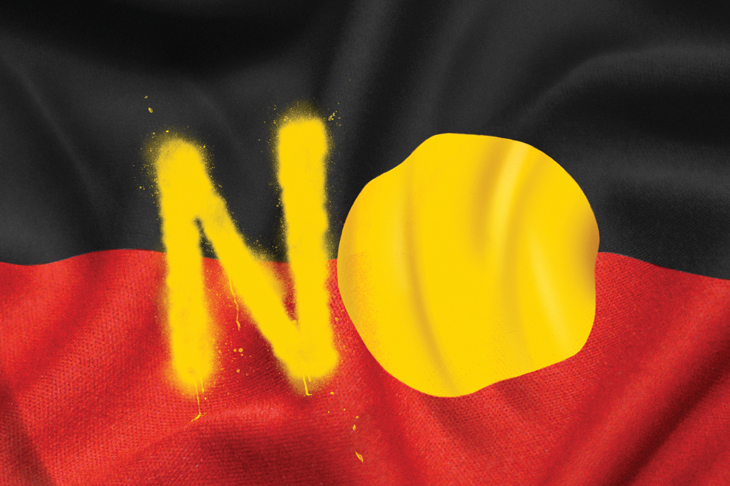

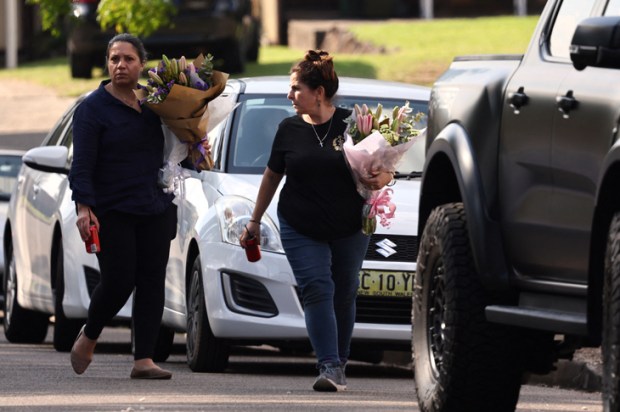
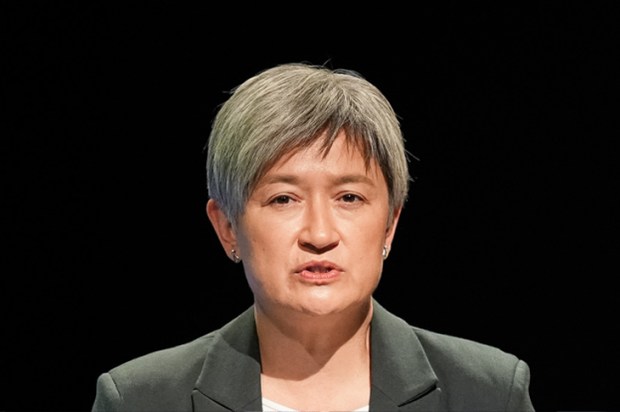
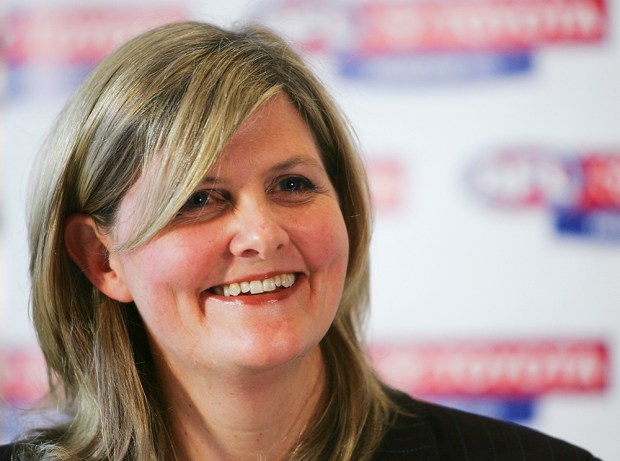
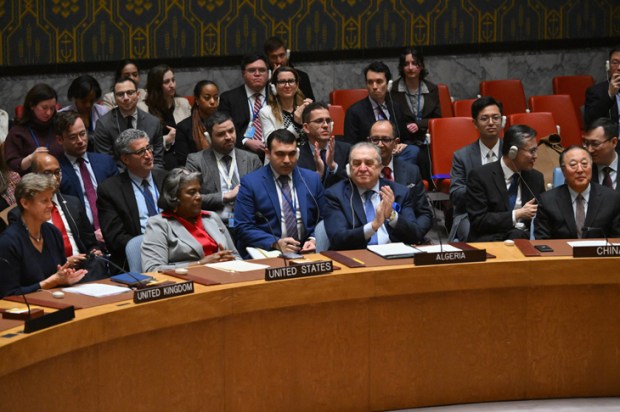
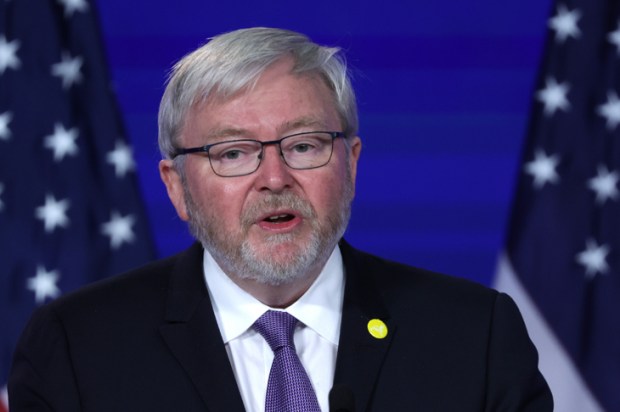






Comments
Don't miss out
Join the conversation with other Spectator Australia readers. Subscribe to leave a comment.
SUBSCRIBEAlready a subscriber? Log in